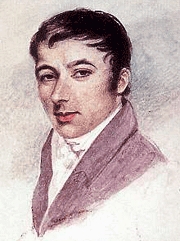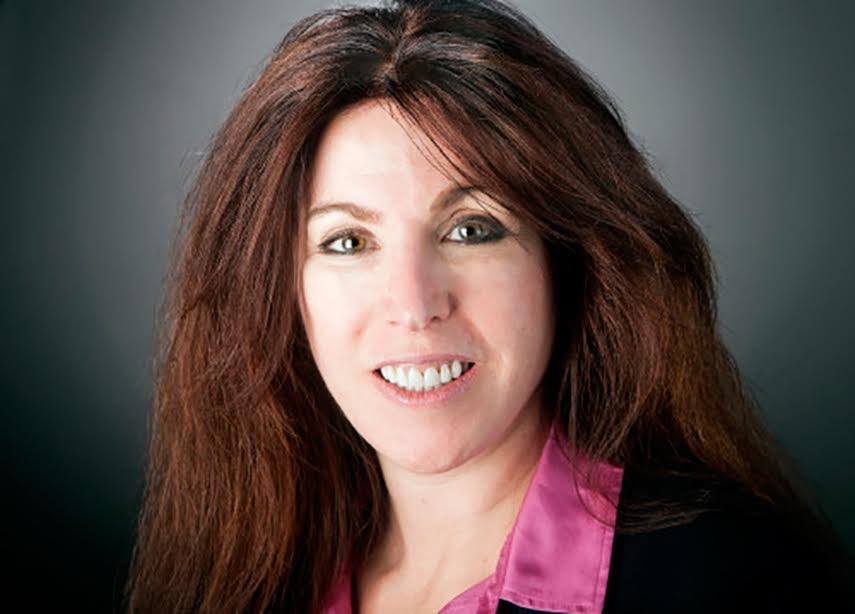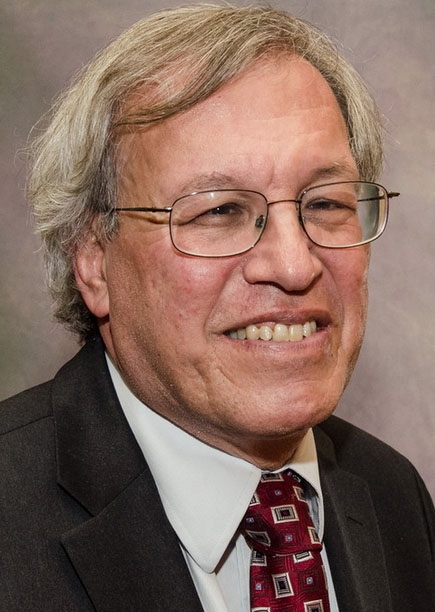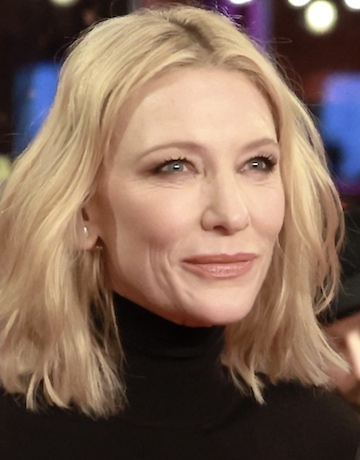May 14
Robert Owen

On this date in 1771, reformer and philanthropist Robert Owen was born in Newtown, Wales. He became known as “a capitalist who became the first Socialist.” Owen started work as a clerk at age 9. With help from a sympathetic cloth merchant to whom he was apprenticed, Owen educated himself. He was an unbeliever by 14, influenced by Seneca, and his acquaintance with chemist John Dalton and Samuel Taylor Coleridge.
By 18, Owen established a small spinning mill in Manchester. In 1799 he married Ann Dale, the daughter of a Glasgow cotton manufacturer, purchasing his father-in-law’s New Lanark mills in Scotland. Owen set out to put his humanitarian creed into practice and turned New Lanark into a model community attracting the attention of reformers around the world.
Owen set up the first infant school in Great Britain and a three-grade school for children under 10. He appealed to the government and other manufacturers to follow his lead but was rebuffed by clergy-led opposition when his views on religion became widely known. At an 1817 public meeting calling for “villages of unity and cooperation,” living wages and education of the poor at the City of London Tavern, Owen called “all religions” false.
He sought to limit hours for child labor in mills in 1815 and saw passage of a watered-down Factory Act in 1819. Owen’s Essays on the Principle of the Formation of Human Character (1816) were his major treatises, in which he advised, “Relieve the human mind from useless and superstitious restraints.”
He founded New Harmony, a model settlement in Indiana in 1825-28, a failed venture which he signed over to his sons Robert Dale and William Owen. Owen wrote Debate on the Evidences of Christianity (1829). Owen founded The Economist in 1821 to promote his progressive views and The New Moral World in 1834, along with an ethical movement called “Rational Religion.”
His “Halls of Science” attracted thousands of nonreligious followers (“Owenites”) and many trade unionists. An essay titled “Scientific Socialism: The Case of Robert Owen” by David Leopold describes the Halls of Science as:
“a base for ‘social missionaries’ and cultural and leisure activities for members (typically drawn from the best paid strata of the working class). By 1840 there were over sixty branches, with weekly events — including dances, concerts, lectures, and debates (all with a whiff of teetotalism) — ‘instituted to improve the habits and manners of the working classes, and more generally to cultivate kindly feeling and social fellowship among all classes.’ Owenite events sometimes shadowed the Christian calendar, with branches providing Owenite sermons and hymns on Sundays, and even Owenite rites for baptisms, marriages, and funerals.”
His autobiography was published in 1857-58. Joseph McCabe called him “the father of British reformers, and one of the highest-minded men Britain ever produced.” (Biographical Dictionary of Modern Rationalists, 1920.) (D. 1858)
“Finding that no religion is based on facts and cannot therefore be true, I began to reflect what must be the condition of mankind trained from infancy to believe in errors.”
— Owen, "Evidences of Christianity: A Debate with Alexander Campbell and Robert Owen" (1829)
Robyn Blumner

On this date in 1961, Robyn Ellen Blumner was born in New York City. She grew up in Glen Cove and graduated from Cornell University with a B.S. in industrial and labor relations in 1982 and from the New York University School of Law in 1985. She worked as a labor lawyer in New York and volunteered for the American Civil Liberties Union after graduation, becoming executive director of the Utah ACLU from 1987 to 1989 and the Florida ACLU from 1989 to 1997.
She worked as a columnist from 1998 to 2014 for the St. Petersburg Times (later the Tampa Bay Times) in Florida and served as a member of the editorial board. Her weekly column was nationally syndicated by Tribune Media Services. Blumner often wrote about issues of civil liberties, workers’ rights and the separation of church and state. Blumner openly declared her atheism in several of her columns. She was awarded the Freedom From Religion Foundation’s Emperor Has No Clothes Award in 2004 for her plain speaking on religion and the First Amendment.
In 2014 Blumner joined the Richard Dawkins Foundation for Reason and Science as executive director. After the 2016 merger of the Dawkins Foundation with the Center for Inquiry, Blumner took over from Ronald Lindsay as CEO and president of CFI. She is married and lives in Washington, D.C.
“My faith is in mankind and the marvels accomplished by human ingenuity and drive. Why that makes me a pariah to [Tampa City Council member Kevin] White and others like him is beyond my ken. It certainly says more about them than me.”
— Blumner, "I'm an atheist — so what?” St. Petersburg Times (Aug. 8, 2004)
Erwin Chemerinsky

On this date in 1953, legal scholar Erwin Chemerinsky was born to Arthur and Raeda Chemerinsky, a working-class Jewish couple from Chicago’s South Side. He earned a bachelor’s degree in communication from Northwestern University in 1975 and graduated cum laude from Harvard Law School in 1978 while working with the Harvard Legal Aid Bureau.
He taught law at DePaul University, the University of Southern California and at Duke University before becoming the founding dean of the University of California-Irvine School of Law and Raymond Pryke Professor of First Amendment Law in 2008. He married Catherine L. Fisk in 1993. She is a law professor at UC-Irvine who has degrees from the University of Wisconsin and UC-Berkeley.
Chemerinsky was elected in April 2016 to the American Academy of Arts and Sciences. His areas of expertise are constitutional law, federal practice, civil rights and civil liberties and appellate litigation. He’s the author of eight books, including The Case Against the Supreme Court (2014) and The Conservative Assault on the Constitution (2010) and has had over 200 articles published in top law reviews and journals.
In January 2014, National Jurist magazine named him the most influential U.S. legal educator. (He finished second to Cass Sunstein in 2015.) In 2014, FFRF named him a Champion of the First Amendment, an award he accepted at FFRF’s national convention in Los Angeles. His convention speech was titled “The Vanishing Wall Separating Church and State.”
PHOTO: Ingrid Laas
“The thesis of my remarks is a simple one: Now more than ever, we need the Freedom From Religion Foundation. In 1947 in Everson v. Board of Education, the Supreme Court held that the Establishment Clause of the First Amendment applies to state and local governments. All nine justices believed that the Establishment Clause was meant to create a wall that separates church and state. Now for the first time since 1947, a majority of the court rejects that notion. We have a Supreme Court that is hostile toward freedom from religion.”
— FFRF convention speech, Oct. 25, 2014
Cate Blanchett

On this date in 1969, actress Catherine Élise Blanchett was born in Ivanhoe, Australia, a Melbourne suburb, to June (née Gamble) and Robert Blanchett Jr. Her Australian mother met her father, a Texas native who was a U.S. Navy chief petty officer, when his ship broke down. He had a fatal heart attack when Blanchett was 10, leaving her mother to raise three children.
She sought solace in religion but found none after her father died. “I wanted the strong hand of God to put a hand on my childish shoulders to say ‘your father is with me. He’s having fun. You’ll see him in 60 years.’ But that didn’t happen. And so as a ten-year-old I fled from the church and moved down to the river and spent my childhood propelled into nature. … If I’d stayed inside the Methodist church I’d have a lot of bad guitar playing, but instead I rode my bike, thinking I was Nancy Drew, down by the Yarra River.” (The Sunday Times, March 10, 2024)
She had an early interest in theater and the performing arts and earned a bachelor of fine arts in 1992 from the National Institute of Dramatic Art in Sydney. Her first stage roles were opposite Geoffrey Rush in the David Mamet play “Oleanna” and as Clytemnestra in a production of Sophocles’ “Electra.” She branched out into television work and feature films.
Blanchett made her movie debut in 1997 in a supporting role as a nurse captured by the Japanese during World War II. “Paradise Road” co-starred Glenn Close and Frances McDormand. She rose to international prominence in “Elizabeth” (1998), playing a young Elizabeth I of England. It won her a Golden Globe, a British Academy Award and Screen Actors Guild and Academy Award nominations for Best Actress.
She won further acclaim for her roles in “The Talented Mr. Ripley” and as the elf leader Galadriel in Peter Jackson’s blockbuster Lord of the Rings trilogy. Her first Oscar, for Best Supporting Actress in 2005, was for her portrayal of Katharine Hepburn in Martin Scorsese’s “The Aviator.”
The scope and number of her performances and awards is daunting. As of this writing, Blanchett has appeared in over 70 films and 20 theater. As of 2019, her highest-grossing films were The Hobbit and Lord of the Rings trilogies, “The Curious Case of Benjamin Button” (2008), “Indiana Jones and the Kingdom of the Crystal Skull” (2008), “Cinderella” (2015), “Thor: Ragnarok” (2017) and “Ocean’s 8” (2018).
She produced the nine-part FX/Hulu historical drama miniseries “Mrs. America” in 2020, starring as conservative activist Phyllis Schlafly and starred with Bradley Cooper in Guillermo del Toro’s “Nightmare Alley,” nominated for a Best Picture Oscar in 2021. She also appeared that year with Jennifer Lawrence and Leonardo DiCaprio in the black comedy “Don’t Look Up,” also nominated for Best Picture. With those two nominations, Blanchett broke the record held by Olivia de Havilland of being the actress with the most credited roles in Best Picture nominees.
She married Australian playwright and screenwriter Andrew Upton in 1997. They have three sons — Roman, Dashiell and Ignatius — and a daughter Edith, whom they adopted in 2015 seven years after Ignatius was born.
Blanchett has sometimes talked about her agnosticism. She was attracted to Catholicism after her father died but it didn’t last long. “For an entire year my best friend was Catholic and I went every week to church, wanting a sign, and I knew nothing about the dark corridors of the Catholic Church at that time in my life. … I’m a little bit terrified by people who are so completely certain.” (BANG Showbiz, May 2023)
“I’m often bewildered by the degree to which most Western religions preach ‘definitive’— a definitive way of looking at the world and what may lie beyond. I think faith, true faith, is riddled with doubt.” (inews UK, March 15, 2024)
In “The New Boy” (2023), she played Sister Eileen, a nun running an orphanage for Indigenous boys. “I hazard to guess what anyone who was a nun in rural Australia with a stolen generation of Indigenous kids has seen or participated in. There’s a lot of murky water under that bridge for all parties. I think Sister Eileen definitely has seen some things she didn’t want to see and is atoning perhaps for the sins of those who have passed on in the monastery.” (Hollywood Reporter, May 16, 2023)
PHOTO: Blanchett at the 2023 Berlin International Film Festival; photo by Elena Ternovaja under CC 3.0.
“I’m a big believer that two opposites can co-exist and that, in fact, you can’t have faith without doubt.”
— Interview, Sydney Morning Herald (June 27, 2023)
